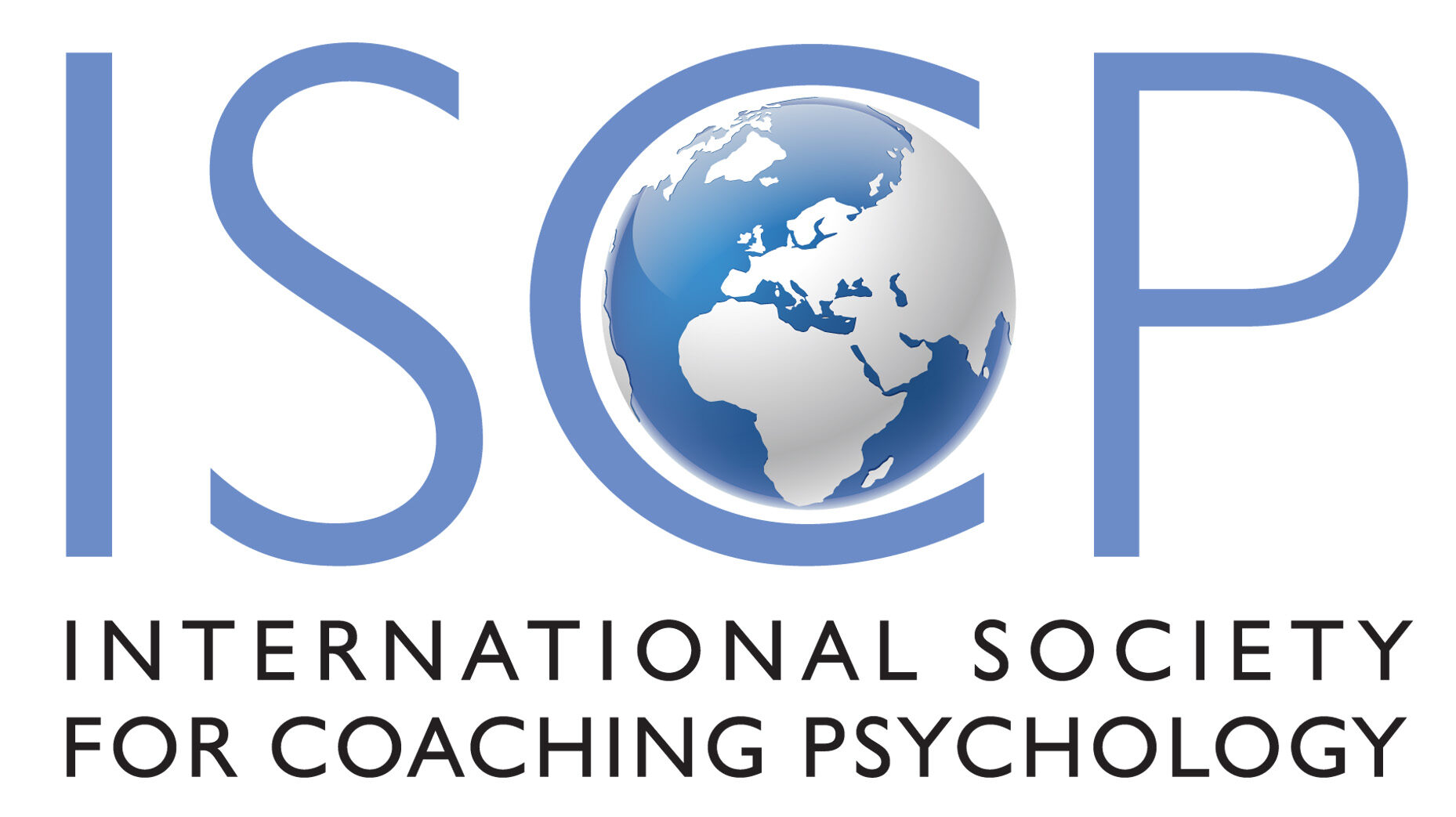Why use a mixed methods approach for a doctoral research programme?
Dr Kristina Gyllensten1 DPsych
When I started my Dr. of Psychology (DPsych) programme at City University my research question was very simple – ‘Can coaching reduce workplace stress?’. However, it turned out that it was not a simple research question to answer. There were many different ways to define the term coaching, the same was true for stress, and evaluating the effects of coaching was not straight forward. Realising these issues, it made sense to investigate the research question from different angles and using a mixed methods approach appeared to be a good option. Thus, the greatest advantages of using both quantitative and qualitative methods was that it allowed me to investigate the experiences and effects of coaching from different angles. It helped to highlight the complexity of the topic and it made the research more fun than it would have been just using one approach. A disadvantage was that planning and conducting completely different studies was time consuming and it can make the research process less coherent.
A very brief summary of two of the studies is now included as it can give an example of how mixed methods can be used. The first part of the research used a quasi-experimental design and measured stress before and after coaching and the results showed that coaching did not significantly reduce stress (Gyllensten & Palmer, 2005). A quantitative design was suitable as the aim of the study was to investigate levels of stress before and after a coaching intervention. The second part of the research used a qualitative methodology and it was concluded that coaching could help individuals to reduce stress indirectly (Gyllensten & Palmer, 2006). A qualitative methodology was suitable as the aim of the research was to gain a deeper insight into the participants’ experiences of coaching and their views and experiences of coaching and stress.
References
Gyllensten, K., & Palmer, S. (2005). Can coaching reduce workplace stress? A quasi-experimental study. International Journal of Evidence Based Coaching and Mentoring, 3, 2, 75-87. See online article.
Gyllensten, K., & Palmer, S. (2006). Experiences of coaching and stress in the workplace: An interpretative phenomenological analysis. International Coaching Psychology Review, 1, 86-98. See online article.
Affiliation
1Dr Kristina Gyllensten, Honorary Advisory Board, ISCP International Centre for Coaching Psychology Research.
NB. In 2016 City University became City, University of London.
Download: PDF version
Booking details
Details about the ISCP Cambridge Research Hub inaugural meeting.
© 2017, ISCP International Centre for Coaching Psychology Research. International Society for Coaching Psychology
